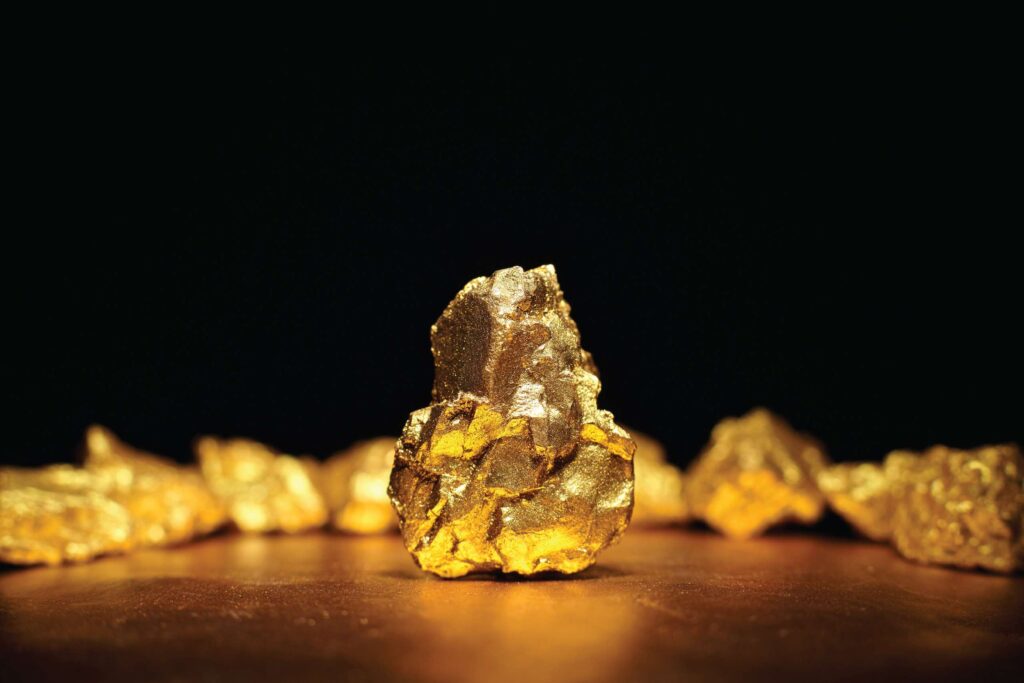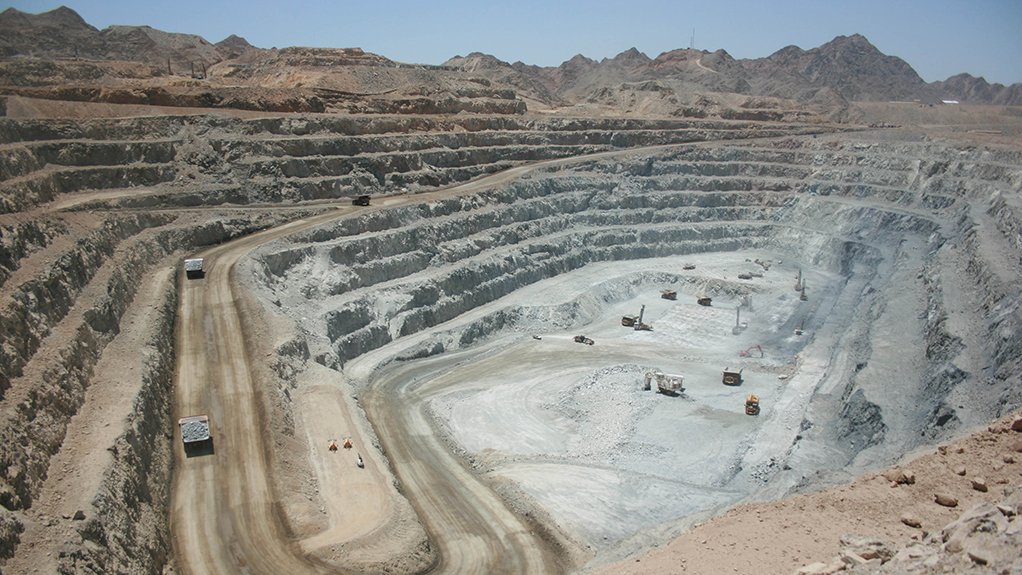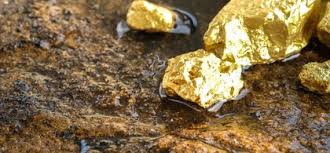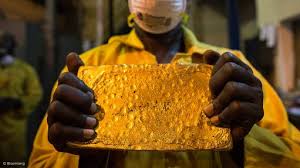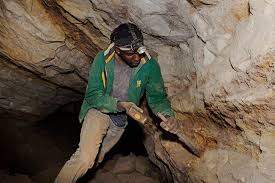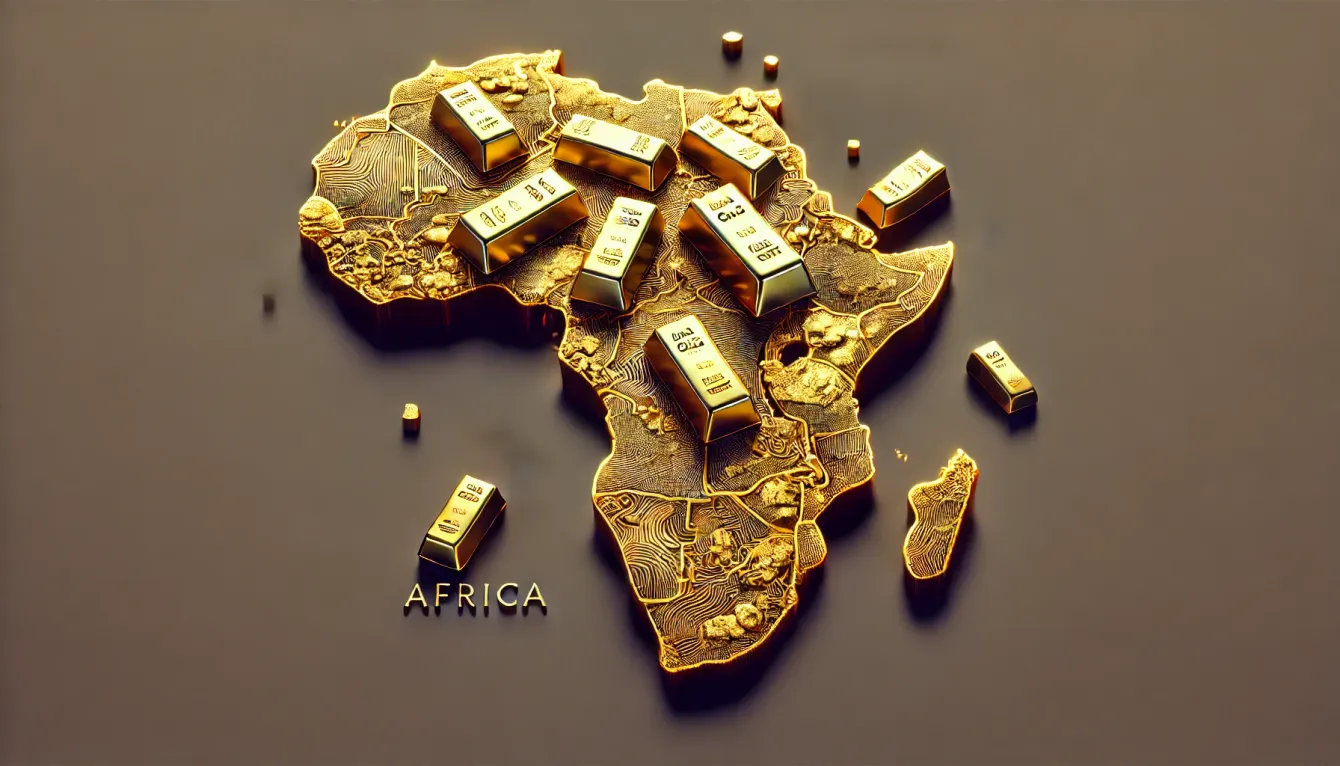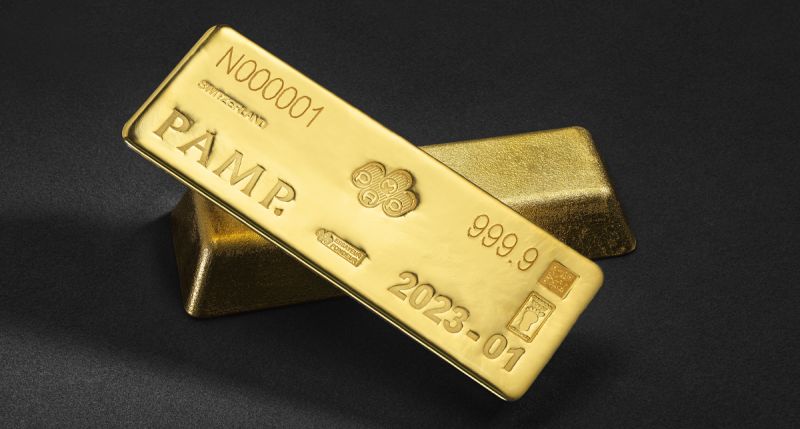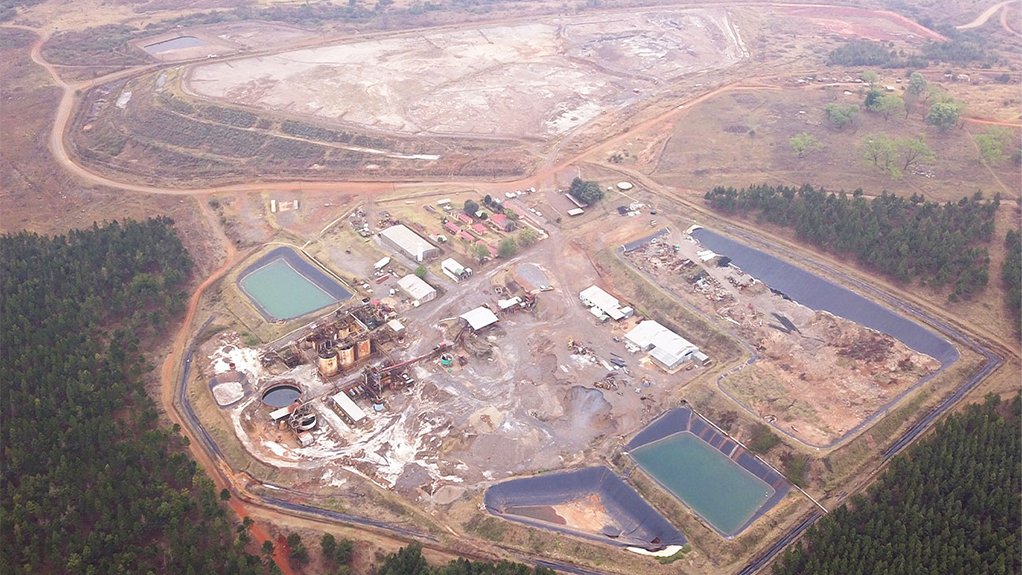Precious Metals

amaBhungane | The #Laundry Part One: City of Gold
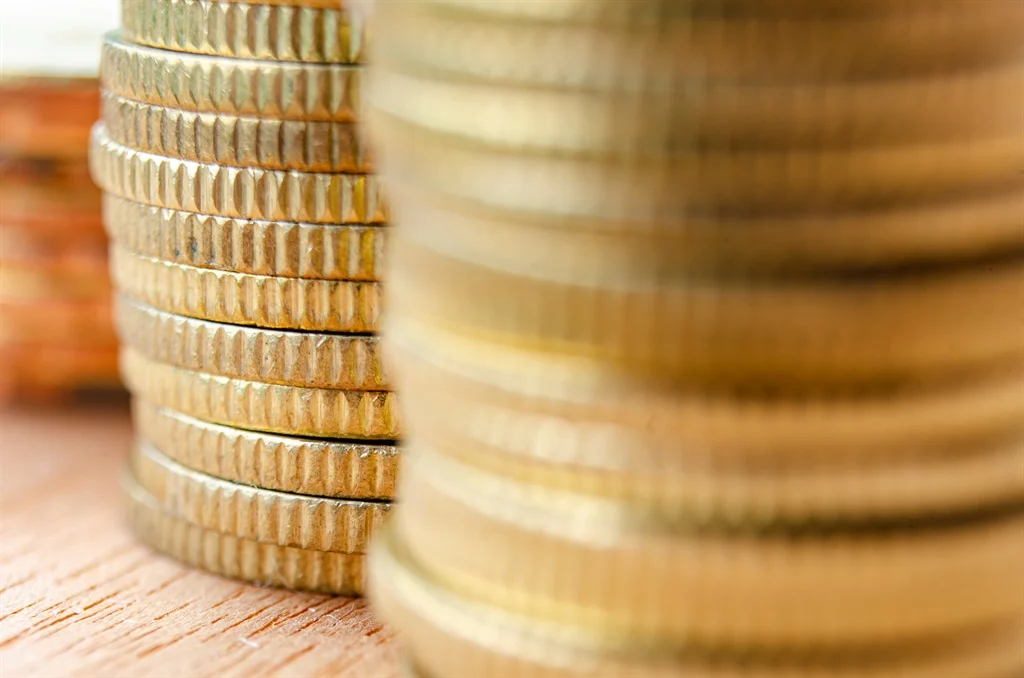
In April last year, there was an escape attempt from Johannesburg Prison (aka Sun City).
It was a simple plot: a SAPS detective, since arrested, allegedly fabricated an investigation which, the detective claimed, necessitated the booking out of the would-be escapee. The plan was foiled due to prison officials being wise enough to call up the real investigating officer.
The alleged criminal seemingly attempting a jailbreak? Flamboyant Zimbabwean businessman, fugitive and pastor Frank Buyanga Sadiqi.
Sadiqi faces a long list of charges, starting with an extradition request from Zimbabwe for alleged kidnapping (for taking his son across a border without his mother's consent).
After his November 2022 arrest at an upmarket hotel in Sandton, he was slapped with local charges of fraud and contravention of the Immigration Act.
Then, in February this year, he was charged with fraud and tax offences to the value of R55 million.
Our questions to his romantic partner, who has his power of attorney, went unanswered.
The reverend finds himself a long way from his previous life, where he pulled enough weight in his native Zimbabwe to warrant a seat between Cyril Ramaphosa and President Joseph Kabila from the DRC during Emmerson Mnangagwa's 2018 inauguration.
Krugerrands worth up to a staggering R19 billion that have, to a very large extent, our evidence suggests, been destined for illegal smelting into untraceable "scrap" alongside other kinds of illicit gold.
This conclusion is also supported by a SARS tax audit (filed in court proceedings) of a major customer that we deal with in Part Two.
Sadiqi's dealings have been extensive. From 2017 onwards, he rapidly came to occupy what was allegedly a prominent role in Johannesburg's booming illicit gold trade and the colossal tax scam that has powered it (which we first reported on here).
It is understood that SARS raided Sadiqi's offices in October 2020, after a tax inquiry into the gold sector unearthed evidence that he was allegedly introducing Krugerrands into the supply chain.
What was known at the time was that SARS had allegedly seized Krugerrands worth some R600 million in the raid.
Now amaBhungane has collected volumes of financial data and other internal documentation from Sadiqi's company – African Medallion Group (AMG) – and other major players in the trade, as well as SARS audits filed in court that, put together, provide a spectacular window into the world occupied by men like Sadiqi.
This world includes the refineries dotted along Johannesburg's ageing gold fields, money-laundering fronts locally and abroad, and cash-in-transit companies effectively working as unregulated financial intermediaries.
Our investigation has also uncovered a new set of actors in the mix: small-scale gold mining companies that allegedly just provide cover for the introduction of illicit gold into the legitimate system – something we will return to later in this series.
But first, back to Sadiqi and the special place he and others like him have occupied at one end of the illicit gold supply chain.
Money for nothing
It is worth recapping the by now notorious gold-based VAT scam that, according to SARS' estimates filed in court, may have cost the state over R24 billion between 2012 and 2020.
The scam turns on the nature of Krugerrands being technically legal currency but also high purity gold.
Because they are a currency, trading Krugerrands incurs no VAT. It is, however, illegal to smelt them.
This dual nature of Krugerrands led almost inevitably to the creation of a vast industry: illegally smelting coins and then claiming the smelted gold came from jewellery or other "scrap" gold which does incur VAT.
Once this is done, it is simply a matter of fabricating VAT invoices for this "scrap" before it is sold again.
From the perspective of the scammer, the profit can come simply from charging 15% more for gold than it cost them – that is, the prevailing rate of VAT. They make their money by sourcing gold (Krugerrands not subject to VAT) that they then sell on at a price which includes VAT. This makes VAT their 'profit'.
From SARS' perspective the damage really gets done when the gold eventually gets exported, since exports of gold carry no VAT.
This means that any exporting refinery that claims VAT, real or not, can claim back that VAT as a refund.
It might not even be the exporter that is scamming the taxman. They may very well have unsuspectingly paid fraudulent VAT to a supplier who smelted Krugerrands without their knowledge.
For the fiscus, this makes no difference – VAT-free gold is entering the system somewhere and leading to fraudulent refunds irrespective of who profits.
This scam works just as well for other sources of gold that carry no VAT, but which can be disguised as gold that does carry VAT: illegally mined or smuggled metal in particular, which we will get to later.
In such cases, a 15% profit margin is summoned into existence out of nowhere, although in reality, this is paid for by the state.
On gold sales, this 15% represents a gargantuan markup (typical margins on gold trading are at best around 2.5%), rendering VAT fraud a huge threat in light of the sheer scale of the sector's dealings.
In 2019, for instance, the major exporting refinery that features in this story – Rappa Resources – purchased gold worth R52 billion, mostly from a core of four suppliers themselves accused by SARS of participating in such schemes.
Although it is unrealistic and unfair to assume that all of this gold was tainted by illegality, it theoretically represents R7.8 billion in pure profit in a single year, although, as explained above, it would not necessarily be Rappa raking in the cash as opposed to its suppliers.
Zooming out, within the illicit gold trade there are in reality two schemes afoot: the tax fraud just described, but also a formidable, interrelated money laundering service. Essentially anyone with dirty money can buy gold and run it through the system. And the refineries churn so much money that it is easy to mix fake income with real gold sales. We'll examine this gold-laundering business more closely in later installments of The #Laundry.




